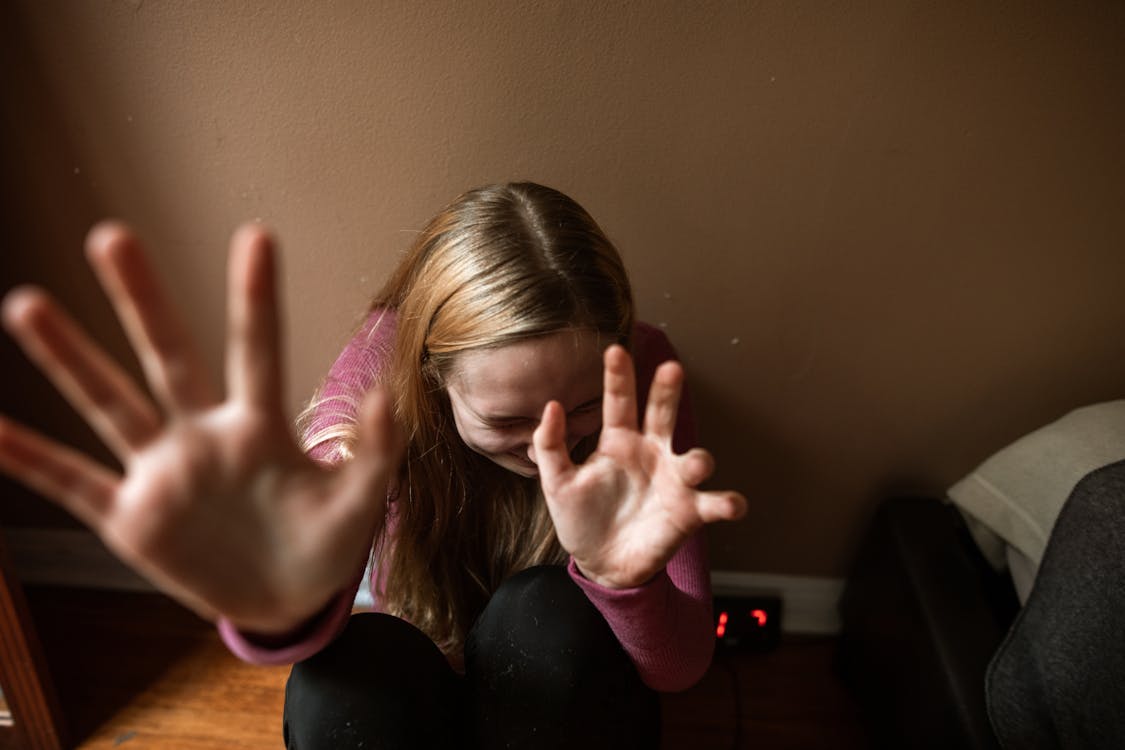How Past Traumas Can Affect Your Current Relationships
Search Gallery
09.04.2023
The Impact of Past Traumas on Current Relationships
Relationships are an essential part of human life. They bring happiness, love, and companionship. However, not all relationships are healthy, and many people struggle to maintain healthy relationships due to past traumas. Trauma refers to an emotional response to a disturbing or distressing event. Trauma can have a significant impact on a person's mental health, affecting how they relate to others. This article will explore the impact of past traumas on current relationships.
Understanding Trauma and its Effects on Mental Health
Trauma can have long-lasting effects on mental health. When a person experiences a traumatic event, it can cause significant emotional distress, such as fear, anger, and anxiety. Trauma can also affect a person's ability to trust others, form intimate relationships, and communicate effectively.
Trauma affects people differently, and the impact of trauma can depend on factors such as the type of trauma, the age of the person when the trauma occurred, and the severity of the trauma. Some people may be more resilient to the effects of trauma, while others may struggle to cope.
Types of Trauma
Trauma can come in many forms, and it can occur at any age. Some of the most common types of trauma include physical, emotional, sexual, and psychological trauma.
Physical Trauma
Physical trauma occurs when a person experiences a traumatic event that causes physical harm, such as an accident, injury, or violence. Physical trauma can result in long-term physical health problems, such as chronic pain or disability.
Emotional Trauma
Emotional trauma occurs when a person experiences a traumatic event that causes emotional distress, such as abuse, neglect, or the sudden loss of a loved one. Emotional trauma can result in long-term mental health problems, such as anxiety, depression, or post-traumatic stress disorder (PTSD).
Sexual Trauma
Sexual trauma occurs when a person experiences a traumatic event of a sexual nature, such as rape, sexual assault, or sexual abuse. Sexual trauma can result in long-term mental health problems, such as PTSD, depression, or anxiety.
Psychological Trauma
Psychological trauma occurs when a person experiences a traumatic event that causes significant emotional distress, such as a natural disaster, war, or terrorist attack. Psychological trauma can result in long-term mental health problems, such as PTSD, depression, or anxiety.
Impact of Trauma on Relationships
The impact of past traumas on current relationships can be significant. Trauma can affect a person's ability to form and maintain healthy relationships, leading to issues such as trust issues, intimacy issues, communication problems, self-sabotage, and emotional distance.
Trust Issues
Trauma can make it difficult for a person to trust others, especially in intimate relationships. A person who has experienced trauma may struggle to believe that their partner is trustworthy, leading to feelings of anxiety, fear, and suspicion.
Intimacy Issues
Trauma can also affect a person's ability to form intimate relationships. A person who has experienced trauma may struggle to open up emotionally, leading to difficulties in connecting with their partner. This can lead to a lack of emotional intimacy and physical intimacy in the relationship.
Communication Problems
Trauma can also affect a person's ability to communicate effectively. A person who has experienced trauma may struggle to express their feelings and needs, leading to misunderstandings and conflicts in the relationship.
Self-Sabotage
Trauma can also cause a person to engage in self-sabotaging behavior, such as pushing away their partner or engaging in destructive behaviors. This can lead to the breakdown of the relationship.
Emotional Distance
Trauma can also lead to emotional distance in a relationship. A person who has experienced trauma may struggle to connect emotionally with their partner, leading to feelings of loneliness and isolation.
Coping with Trauma and Improving Relationships
Coping with trauma can be challenging, but it is possible to improve relationships and overcome the effects of trauma. Some strategies for coping with trauma and improving relationships include seeking professional help, practicing self-care, developing communication skills, building trust, and developing intimacy.
Seeking Professional Help
Seeking professional help from a therapist or counselor can be beneficial for individuals who have experienced trauma. A therapist can help individuals process their trauma, develop coping skills, and improve their relationships.
Self-Care Practices
Practicing self-care is also important for individuals who have experienced trauma. Self-care practices can include exercise, meditation, spending time with loved ones, and engaging in activities that bring joy and relaxation.
Communication Skills
Developing communication skills is also essential for individuals who have experienced trauma. Effective communication can help individuals express their feelings and needs, leading to better understanding and fewer misunderstandings in the relationship.
Building Trust
Building trust is a crucial component of a healthy relationship. Trust can be built by being reliable, honest, and consistent in the relationship.
Developing Intimacy
Developing intimacy is also important for individuals who have experienced trauma. Intimacy can be built by engaging in activities that promote emotional and physical closeness, such as cuddling, holding hands, or sharing feelings and thoughts.
Conclusion
Trauma can have a significant impact on relationships, leading to issues such as trust issues, intimacy issues, communication problems, self-sabotage, and emotional distance. However, with the right strategies, it is possible to overcome the effects of trauma and improve relationships. Seeking professional help, practicing self-care, developing communication skills, building trust, and developing intimacy are all essential strategies for coping with trauma and improving relationships.
FAQs
-
Can trauma affect my ability to form healthy relationships?
Yes, trauma can affect your ability to form healthy relationships by causing issues such as trust issues, intimacy issues, communication problems, self-sabotage, and emotional distance.
-
How can I overcome the effects of trauma on my relationships?
Strategies for overcoming the effects of trauma on relationships include seeking professional help, practicing self-care, developing communication skills, building trust, and developing intimacy.
-
Can trauma be healed?
While trauma may never completely go away, it is possible to heal from the effects of trauma and improve your mental health and relationships.
-
Should I tell my partner about my trauma?
It is up to you to decide whether or not to disclose your trauma to your partner. However, sharing your trauma with your partner can help them better understand your needs and feelings.
-
Can trauma affect my sex life?
Yes, trauma can affect your sex life by causing issues such as intimacy issues, difficulty with arousal or orgasm, and sexual dysfunction. Seeking professional help and engaging in communication with your partner can help address these issues and improve your sex life.

